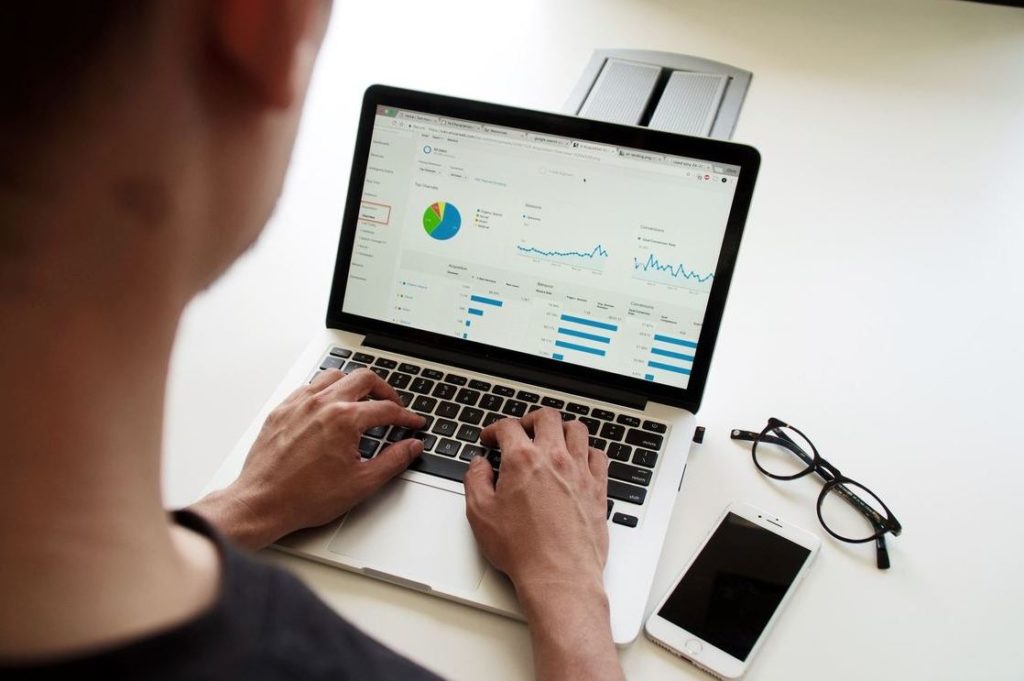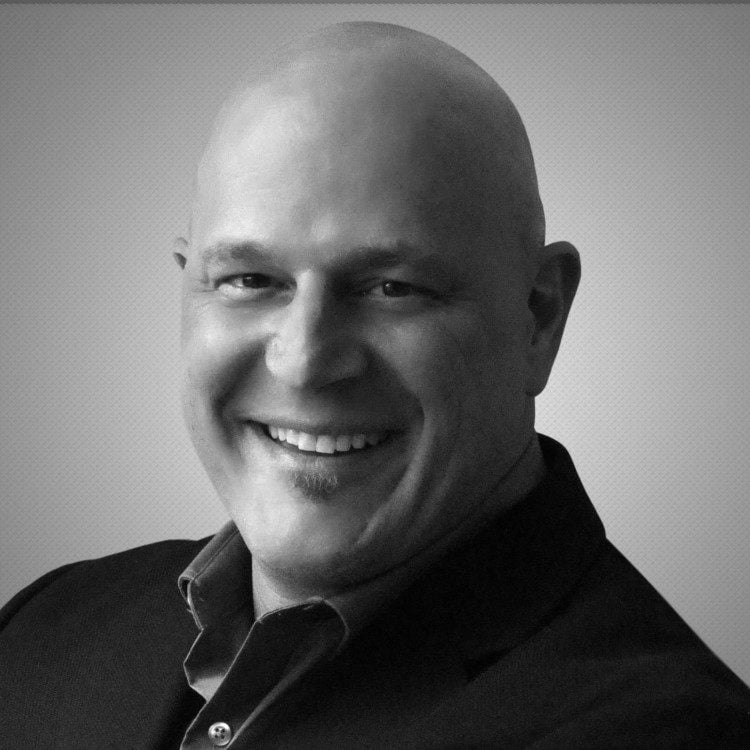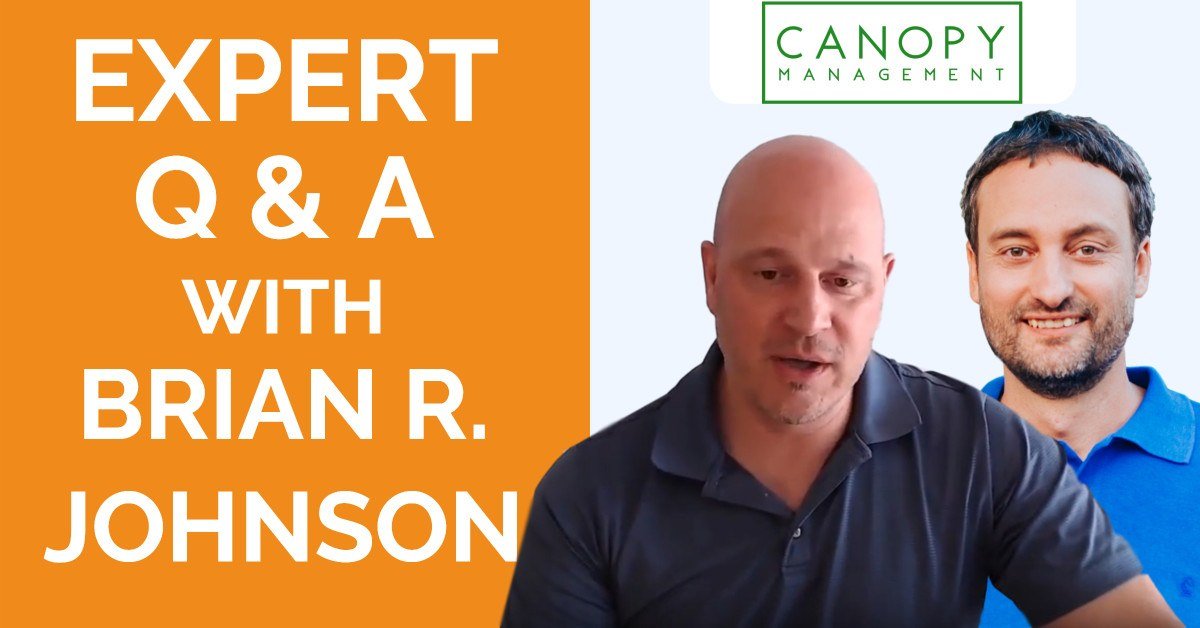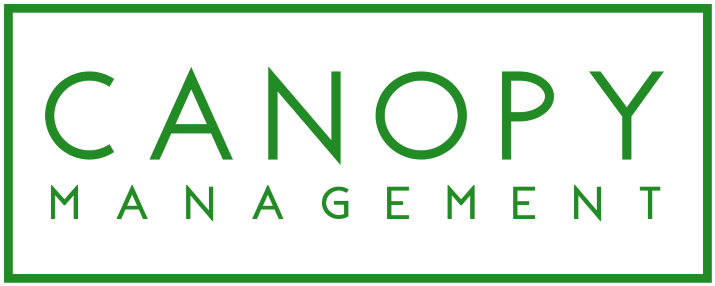Brian R. Johnson is the founder of Canopy Management advertising agency for million-dollar brands and one of the most respected Amazon advertising experts in the industry. Today we asked him questions about Amazon PPC that every advanced, as well as beginner seller, should know.
During the PPC Congress, Brian will be presenting “Stealing Market Share Through PPC“, where he will discuss how you can drive traffic to your pages through your competitors’ PPC campaigns, dominate the “shelf space” available in a given category, and limit your risk by utilizing available data to target the most effective competitor campaigns.
Meet Brian at PPC Congress 2019 in Amsterdam:
https://ppccongress.com/
Questions covered in the video:
01:48 It’s a new product launch, PPC doesn’t work, I get no impressions on recommended PPC bid price. What should I do?
05:04 Is it reasonable to put keywords that convert well on auto campaigns as negative keywords and move them to manual and control the bid cost?
06:06 Competing with Amazon products vs. bid cost. Are the bids higher to third-party sellers in this case?
08:04 What are the methods to search for high search volume keywords? Are there any tools on the market that give accurate metrics?
10:49 Research for international markets.
12:04 Sponsored brands vs. sponsored products. Which one is better and why?
13:17 Amazon takes approximately 1 week to index a new product. Is it worth to use any PPC during this phase?
14:30 Is there any measurable relationship between review rating and bid cost?
15:08 But what about the relationship between the first launch date and bid cost?
17:24 What actions should be taken to control ACoS?
It’s a new product launch, PPC doesn’t work, I get no impressions on the recommended PPC bid price
Brian: If you are launching a new product, it depends on the situation. Most of the times Amazon is not going to show an ad because of certain niches that are not allowed to run ads, for example, certain jewelry, chemical or industrial products, adult items.
Second, it has to do with the content of the listing and the relevance of the listing to the advertising. In the last year, Amazon has done a lot better job on blocking ads for using a certain type of words in the listings. It includes anything related to drugs, pesticides or any kind of chemical reaction. Any kind of these words can trigger a block on your ad.
Sometimes it can appear that the product is assigned to the wrong category and it doesn’t match the target audience or the content that product has in its listings. Be sure the content is focused on the specific audience instead of trying to target too broad.
Is it reasonable to put keywords that convert well on auto-campaigns as negative keywords and move them to manual and control the bid cost?
Brian: I truly recommend doing so. It’s standard practice to see search terms that convert inside of an automatic campaign and then test those as keywords in all match types. A common mistake is people think they need to test an exact match type. However, the truth is you would want to test converting search terms in multiple keyword match types inside of your manual campaign in order to see which ones perform the best.
In that process, you can negative match in the automatic campaign but I would definitely recommend that you make sure you’re getting ad impressions and clicks over in the manual campaign first before you negative match in the automatic campaign.
Competing with Amazon products vs. bid cost. Are the bids higher to third-party sellers in this case?
Brian: Theoretically, yes. Usually, there is a certain amount of trust and a higher conversion rate that comes with a well-known brand and Amazon falls into that category. It varies between which product it is the Amazon is selling directly themselves. Some consumers have realized that a well-known brand doesn’t always define a high-quality product, so make sure that you show the value of your product and be reasonably competitive on your price tag.
Some of the things are definitely going to help you compete with a large retails brand: Make sure you have some high-quality photos with lifestyle images, also high-relevance content that is directly focused on your target audience, and compete on a similar price point.
What are the methods to search for high search volume keywords? Are there any tools on the market that give accurate metrics?
Brian: Tools don’t represent how much traffic your particular listing is going to get. It also does not indicate the conversion value, in other words, you might have a term that has searched a lot but if nobody ever buys it, that keyword doesn’t have any value to you.
A common mistake that I see is where sellers implicitly trust a research keyword tool. Instead, I recommend starting with 200 to 500 keywords that you research yourself, manually filter them based on the relevance to your product listing, not the search volume – there are plenty of low volume search keywords that are not represented correctly, they have high conversion rates and if you don’t advertise on them, you miss out.
Personally, we use Helium 10, Magnet 2 and Cerebro, we also combine those with Viral Launch keyword research and also use Keyword Tool and we have our own proprietary software that combines multiple site data along with other research data points that we have in to estimate conversion value. Combining all of these tools gives us enough information in order to get keyword data from top competitors.

Sponsored brands vs. sponsored products. Which one is better and why?
Brian: We probably get more insight through sponsored products, like who is our target audience by what search terms they are using, we certainly have more ability to target competitors and to block them based on the ad types the sponsor products show for. Sponsored brands are more for additional ad positions and highlighting a series of related products.
They both have different purposes so don’t use sponsored brands for keyword research. Instead, take what is you’ve learned from sponsored product ads and apply that to sponsored brand ads.
Amazon takes approximately 1 week to index a new product. Is it worth to use any PPC during this phase?
Brian: Yes, absolutely. Even with zero reviews and without organic indexing you’re still going to have advertising indexing since Amazon has two different indexing methods. Just make sure your advertising is in line with the content of your product and target audience; both the automatic campaigns and getting started with a new manual campaign which requires about a 4-week warmup period as well. Of course, the conversion rates will be lower on a product that does not have any reviews yet, but in order to get that, you need to start getting some kind of traffic.
Is there any measurable relationship between review rating and bid cost?
Brian: It’s more speculation because it’s not something that we measure on a regular basis. So far we haven’t found anything that is actionable so we might say that there might be a tendency for a higher review rate to have a higher conversion rate, which makes sense, but not necessarily it would affect the CPC.
But what about the relationship between the first launch date and bid cost?
Brian: If you simply just introducing a variation product, like a different color or different size of something you already been selling successfully, you are unlikely to even come close to matching the sales you had with your original winning product. That gets reflected both in the advertising as well as organic sales because of Amazon’s algorithms. So instead of showing your new product, Amazon will show your popular older product.

What actions should be taken to control ACoS?
Brian: I published a 9-step optimization checklist that is very popular and works really well. It goes through a series of looking at search terms and keywords. For example, if you have enough clicks on a search term inside an automatic campaign but still getting no orders from that, then you can negative match that search term. Some of the earlier mentioned 9 steps are filtering keywords for relevance, filtering for the click-through-rate compared to the order rate, some of them are based on how high is the ACoS as far as the keyword ACoS is.
It’s easy to reduce ACoS on your advertising simply by bringing the bid down but that may be opposite of your goal so sometimes you’ve got to make choices that on this particular keyword you want to rank organically, so you’re going to drive a lot more advertising and targeting options to that keyword that are going to be expensive.
Usually, you would think where you can bring down the average cost-per-click of an individual keyword and it comes down to making sure the search terms are contributing to the keyword and blocking those that are not converting. Also, be sure you are testing different match types to see which match type for that keyword is performing best.
Don’t forget to mention ORANGE KLIK when contacting Brian: https://www.canopy.management
Join Amazing Freedom Facebook group: https://www.facebook.com/groups/slamazonbros/
Also, find Brian on:
- the Amazon PPC Troubleshooting community Facebook group
- Amazon PPC Consulting Association Facebook page
- PPC Scope ad management software
- Sponsored Products Academy training course
About Brian R. Johnson
Brian is a driving force in the eCommerce world. Not only has he achieved success as an online seller, but he has become the Leading Strategist in Amazon Pay-Per-Click Advertising. Over the course of his career, Brian has founded: the Amazon PPC Troubleshooting community, Amazon PPC Consulting Association, PPC Scope ad management software, Sponsored Products Academy training course, and Canopy Management advertising agency for million-dollar brands.




